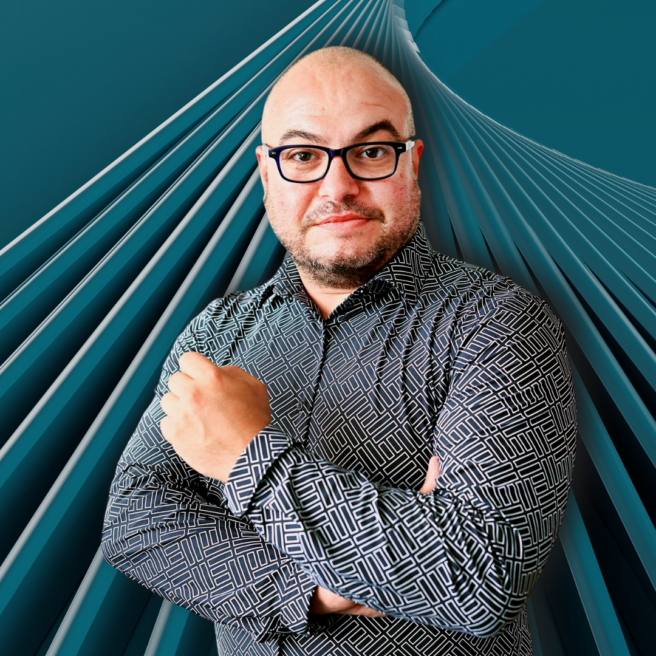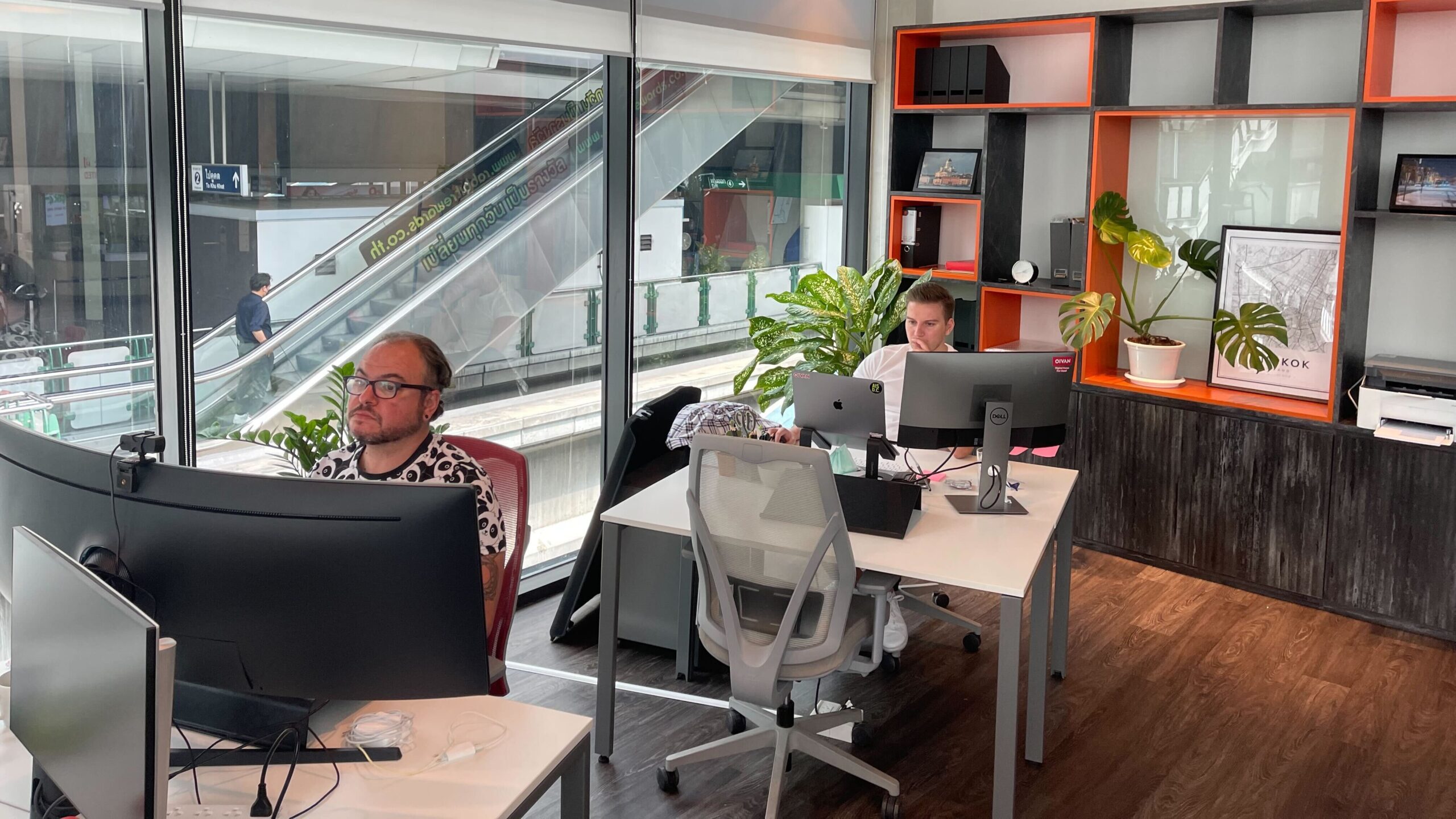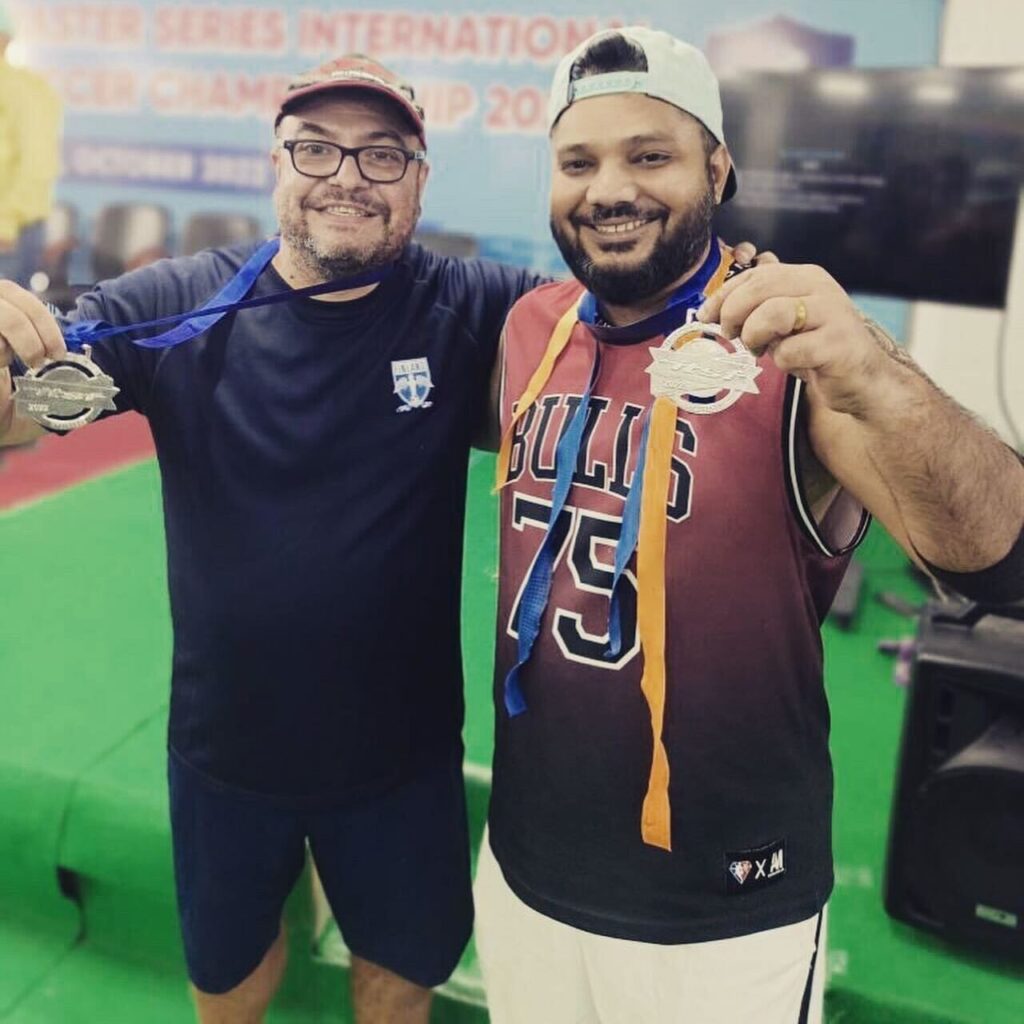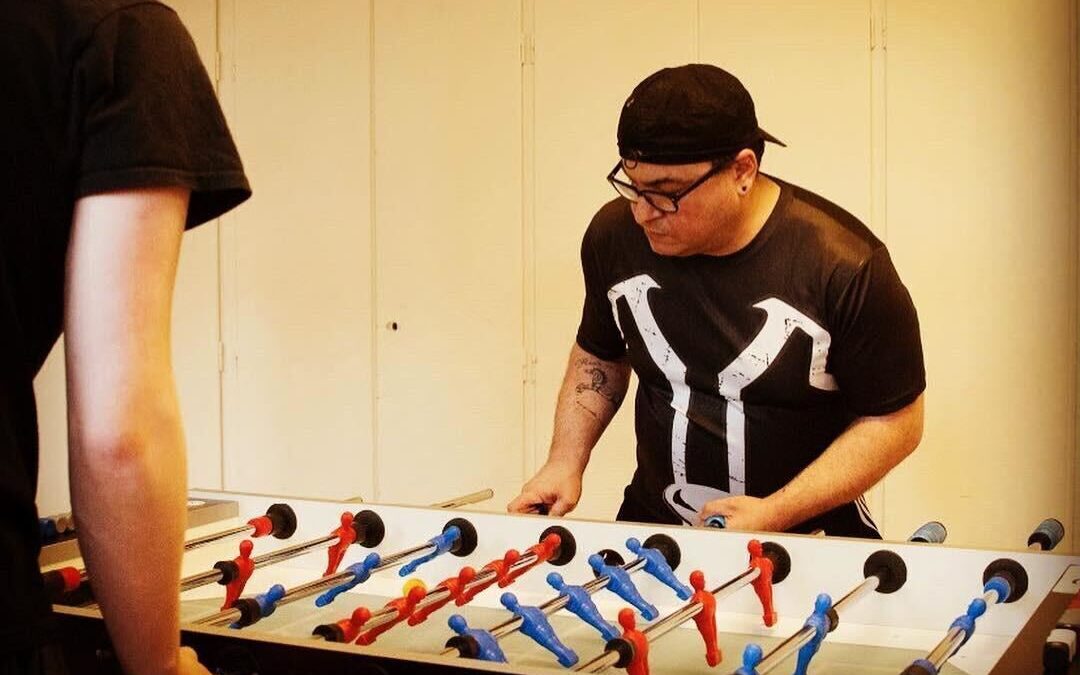

Software Quality Assurance team: The Unsung Heroes Behind Flawless Applications
We had a chat with our Head of Quality Assurance, Antonio Diaz, about his background, and will shed some light on the QA department.
For many IT professionals, Quality Assurance is still one of the big unknow areas related to software development cycle. The concept of quality can be vague sometimes, but quality in a product is something that does not come by default, but is earned with hard work, clear processes and best shared practices. Antonio will tell us a bit more about his background, passion for delivering good products and will shed some light about the QA department, an area that he often compares to the infamous “Nightwatch” of the popular TV series “Game of Thrones”: “We are often outnumbered, not wearing fancy clothes, vigilantes in the shadows, but keeping the biggest dangers from invading the other kingdoms”.
Could you tell us how did you ended up working in Oivan’s Bangkok office?
I am from Madrid, Spain, but lived, studied, and worked for many years in Finland. At some point the long Nordic winters got on me and I moved to Singapore 2.5 years ago to find warmer weather and new challenges. I was keeping many contacts from Finland, and then Jerry, our Head Of DevSecOps, contacted me, explaining that there was a good chance to grow and lead the QA team at Oivan office in Bangkok. The company and challenges ahead sounded amazing, and Thailand is a wonderful country to live and experience, so I moved to Bangkok and joined Oivan in November 2021, and I am very happy with the decision!

What are your favorite things that excite you the most when working in QA?
I love that the experience for the final user is smooth, neat, and clean out of problems as much as possible because I am a user of technology myself and I know the pain when a system or an application does not do what you expect. So, getting the features into shape in a project is very fulfilling. Also, after almost 20 years of experience in QA, I have seen and worked on many kinds of international projects, big and small, so I find satisfaction in sharing my knowledge and my suggestions with other members of the team because at the end of the day, is obviously not just only QA members but all the people in a project who makes it great working together and communicating well.
How do you handle communication and collaboration with cross-functional teams?
You must be clear and precise, because some misunderstandings, especially when teams work remote and come from different cultures and native languages, can provoke that big issues are tackled too late. Luckily, we have nowadays a lot of tools to help communication. I always advise my testers that if something is not clarified in a written thread, follow up with a real time call as soon as possible. There are times that you can clarify in 5 minutes issues that could take days to understand in a chat.
What role do you believe cultural factors play in the software quality assurance process?
The culture of being satisfied with a final product is quite universal for everybody. It is true that there are some factors like language barriers in international projects that can create friction, but as I said before, a clear communication and a good follow up to clarify things will ease the pain. Also, often in a new project, can happen that developers are not used to having QA members embedded, so at first, is our duty to show the value of our work and agree on good processes.
In many projects I worked where developers were reluctant to have testers at first, after a few months, they were thanking us for the added value we brought to the table.
How do you stay up to date with the latest trends and advancements in software quality assurance?
I read books related to QA and follow online pages and conference videos on the trends. I also hear the suggestions from my QA members or other Oivan colleagues, because sometimes they can have really good ideas about new tools to implement.
But we must remember that the tools are for the service of the users, and not the other way around. You can have the latest and “coolest” bug reporting tool, but if your reports are not clear in the steps to reproduce or if the issues are not communicated fast and properly to have the team reacting, then the tool will not make the difference. So, I think that is a mix of having good tools and processes, but also the right communication and prioritization skills. And a bit of common sense to deal with deadlines.
How do you balance between the work and free time since release deadlines might be sometimes challenging?
Handling the tight deadlines is normal in QA work life, but I have to say in a positive note that in Oivan in general we keep a good balance so far avoiding burning out QA members with a lot of overtime. In some other industries I worked in the past, like gaming industry, this can be more brutal.
There are days that are important when you know you must go the extra mile, but then other days you can work in a more normal pace. I think is important to have hobbies and passions outside work to freshen your mind. I have quite a few of those:

I enjoy sports like cycling (also used to train judo some time ago), live concerts, movies, playing video games or reading books. And I also compete internationally for many years in football-table. Yes, believe it or not, it is a sport, so whoever visits Bangkok is welcome to play a few games at my professional football tables at home.

If someone would like start working in the quality assurance, what would be the typical career path?
Usually people start as junior testers, taking not so complexed projects, and hanging more on manual testing. I think at first is good to understand the dynamics of the release cycle, gain experience and confidence and improve communication skills. Later, I would advise to strength technical knowledge, automation testing or programming skills, and you can take more responsibilities as Senior tester, Test Lead or after some more experience, lead teams and share knowledge as QA Manager as I do myself nowadays. It is a beautiful job, but you must have a special curious mindset to thrive for quality and play with the system to find those hidden important issues that other people might not notice.
How do you like working at Oivan?
It has been almost 1 year and a half with Oivan so far and the experience has been fantastic. Colleagues in Thailand and from other offices have been very helpful and friendly, great professionals with amazing technical skills and widespread knowledge, and right now I am very happy that we are growing the QA team globally and hopefully bringing some good value to more projects and clients. I am excited for the future to come, because I still see a lot of open possibilities to add QA as a key service to more projects and clients and make the positive difference to bring the quality to the next level!